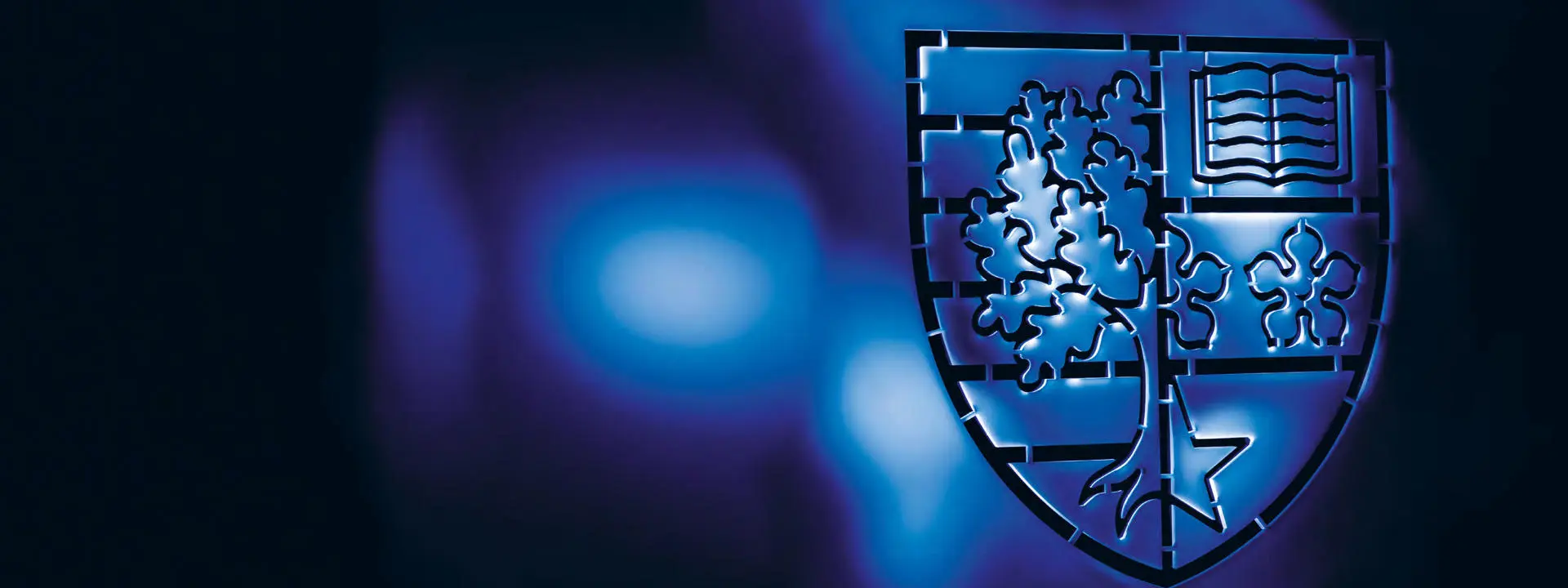EBS researchers shape the future of engineering with EPSRC funding

Three Edinburgh Business School researchers have secured significant funding as part of the UKRI Engineering and Physical Sciences Research Council’s (EPSRC) £10 million Tomorrow’s Engineering Research Challenges (TERC) programme.
This prestigious initiative supports cutting-edge, practice-oriented research addressing today’s engineering challenges and will deliver outcomes that will positively shape the UK’s resilience, economic growth, social wellbeing, and transition to net zero.
Dr Christa Searle, Assistant Professor in Business Analytics, and Dr Claudia Aravena, Associate Professor in Economics, are co-leading a project titled Failure Modes of Engineering (FeME): A Network for Future Inclusivity, Sustainability, and Global Impact. Collaborating with colleagues at the University of Edinburgh and University of Glasgow, this project focuses on promoting socially and environmentally responsible approaches to engineering, with an emphasis on nature-based engineering and global engineering solutions.
The research will explore ways to improve engineering practices, especially in addressing the impacts of climate change on women, children, and underrepresented groups worldwide. Central to the project is creating a robust network connecting research practitioners, industry stakeholders, and local and global communities to drive inclusive and sustainable outcomes.
Dr Searle explains the importance of the project: “When it comes to addressing the complex challenges of climate change, we need to look beyond the realms of traditional engineering solutions. By embracing an interdisciplinary approach that bridges engineering, nature, and society, we can co-create solutions that are equitable and inclusive.”
In a separate project, Professor Bing Xu, Professor in Finance at Edinburgh Business School, is co-leading a team alongside collaborators from the University of Surrey, Cranfield University, and Newcastle University. Their project, Better Water for All: Re-engineering Water Engineering for Equitable and Resilient Access to High-Quality Water for Future Generations, addresses critical challenges in water safety.
The research will focus on mitigating risks from emerging chemical and biological micropollutants in water and wastewater systems, ensuring equitable and sustainable access to clean water for communities across the globe.
Professor Pete Coffee, Head of Accountancy, Economics and Finance at Edinburgh Business School, describes the importance of collaborative research: “As Head of AEF, I am thrilled to see researchers in the department leading the way in interdisciplinary research involving far-reaching collaborations with researchers and partners in industry. Both projects will make a practical difference to the UK’s resilience, economic growth, social wellbeing, and transition to net zero. A huge congratulations from us all in AEF and we look forward to seeing the results and impact of the projects in the coming years.”
Executive Dean Professor Angus Laing reflects on the important contributions that Dr Searle, Dr Aravena, and Professor Xu are making to both Heriot-Watt and to our global community: “Not only do these awards reflect the quality of our academic team in Edinburgh Business School, but they also equally reflect our commitment as a School to interdisciplinary research that engages with the challenges facing society today in order to make a real difference. That commitment to shaping policy and practice for the betterment of society, through both our research and our programmes, is fundamental to who we are as a community.”
We are proud of Dr Christa Searle, Dr Claudia Aravena, and Professor Bing Xu for their dedication to tackling these critical issues, reinforcing Edinburgh Business School’s commitment to impactful, practice-oriented research that promotes responsible business and transforms lives and organisations.